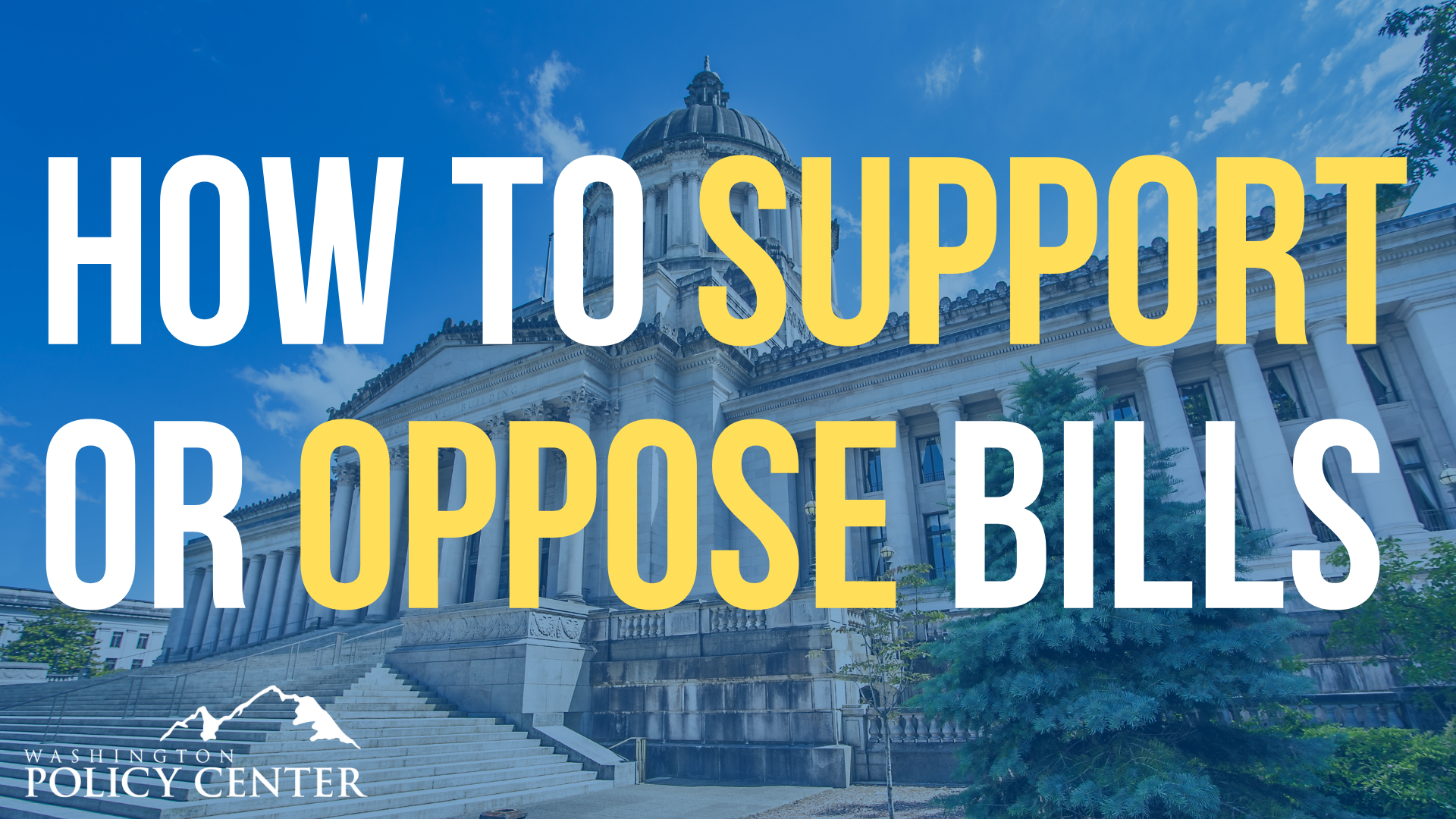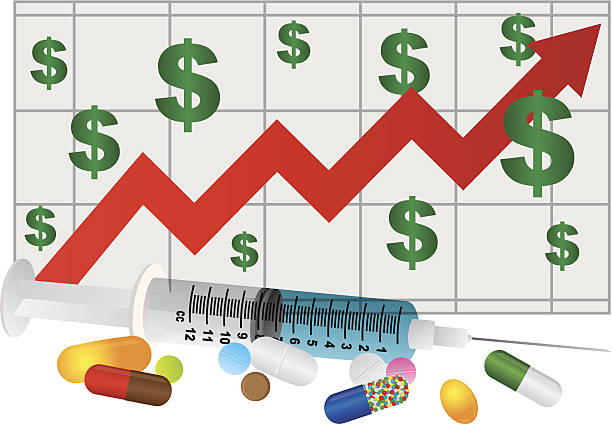I participated in a video conference this morning with Dr. Marty Makary. He is an oncologic surgeon and also teaches public health policy at the Johns Hopkins Bloomberg School of Public Health. He is a contributor to Fox News and CNN and has tracked the COVID-19 pandemic for months. His current insight on the crisis is revealing. (here)
Instead of looking at daily statistics, Dr. Makary believes it is much more accurate to look at three day moving averages. When doing these averages, it appears that the crisis in New York will peak sometime this week. The rate of adding new patients to the ICUs is decreasing and, if the trend continues, the situation will become manageable next week. Other cities, for example New Orleans, have not yet reached their case load peak.
Fourteen states will see a peak of new cases this month, probably including Washington state, and the remainder will see a peak in May. Cities that are at greatest risk are those that were slow to shelter-in-place. For example, San Francisco sheltered early and percentage-wise has many fewer cases than New York.
Dr. Makary believes the country will start back to normal business in June. The logical way to return would be a gradual transition – young, healthy people not in close contact with older individuals would be first to go back to work followed by older people.
He does think it is probable that the virus will return in September with a few isolated cases. If it returns in a wide-spread nature, in all likelihood it will come back as a typical flu.
In his mind, there is one potential major problem each community will face – declaring victory too soon. Historically, once the peak of a flu crisis is reached (H1N1, SARS, the Spanish Flu), it takes on average 45 days to return to a normal environment. By lifting sheltering restrictions and neglecting personal hygiene too early, there is a real possibility that the virus will have a resurgence.
Each city and each state will have a different timeline. The good news is that if the country continues aggressive care now, the end of the crisis will come sooner rather than later.





